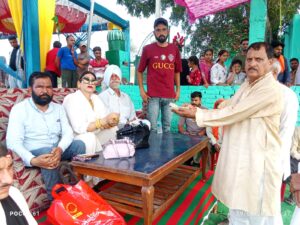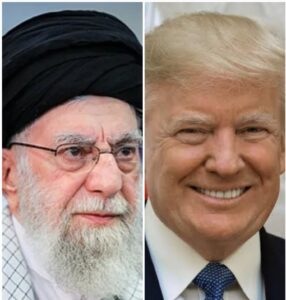Omar Abdullah Criticizes Congress Over EVM Objections, Defends Voting Mechanism

Jammu and Kashmir Chief Minister Omar Abdullah has openly criticized the Congress party for questioning the reliability of Electronic Voting Machines (EVMs), calling their objections inconsistent and politically motivated. In an exclusive interview, Abdullah stated, “You can’t accept election results when you win, and blame EVMs when you lose.” His comments echo the Bharatiya Janata Party’s (BJP) defense of EVMs, adding another layer of friction to the already strained alliance between his National Conference (NC) and the Congress.
Abdullah emphasized that political parties must maintain consistency in their stance on voting mechanisms. “If you have problems with the EVMs, then you should be consistent in those problems,” he said, urging opposition parties to avoid using EVMs as a scapegoat for electoral defeats.
The Congress, following its losses in the Haryana and Maharashtra Assembly elections, has demanded a return to paper ballots, citing doubts about the EVMs’ infallibility. Abdullah, however, dismissed these claims, stating, “One day voters choose you, the next day they don’t. The machines remain the same.”
He also defended infrastructure projects initiated by the central government, including the controversial Central Vista project in New Delhi. “Contrary to what everybody else believes, I think the Central Vista project is a damn good thing. Constructing a new Parliament building was an excellent idea; the old one had outlived its utility,” Abdullah remarked, showcasing his independent political stance.
Abdullah’s criticism reflects the growing dissatisfaction within the NC regarding the Congress’s lackluster performance during the September Assembly elections in Jammu and Kashmir. While the NC secured 42 seats in the 90-member Assembly, the Congress managed only six. NC insiders have privately accused the Congress of failing to contribute significantly to the alliance’s campaign efforts.
Abdullah concluded by pointing to his own experience, stating he never blamed EVMs for his losses in Lok Sabha elections, instead accepting the electorate’s verdict. His remarks further highlight the ideological and strategic rifts within the opposition, raising questions about their cohesion in upcoming political battles.





